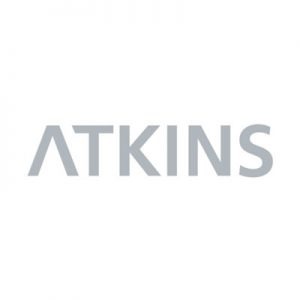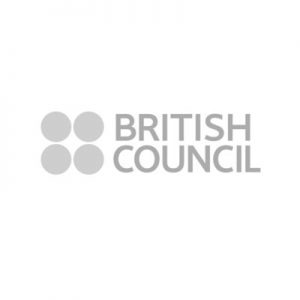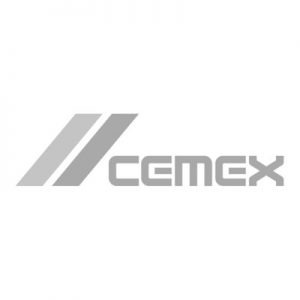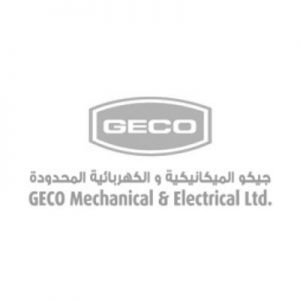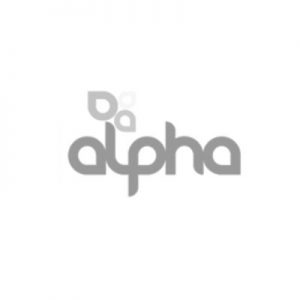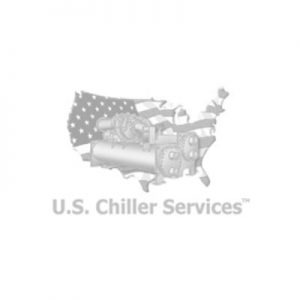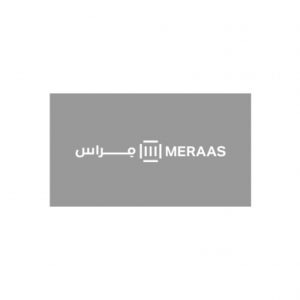Petrochemical industry leak inspection
Petrochemical leaks can create significant concerns, both of a safety and operational nature. Given that the industry as a whole is extremely reliant on the continual operation of these chemical lines, a single leak can result in multiple billions of dollars of loss, reducing financial profitability – as illustrated in the case of the Shell well-head failure in the Gulf of Mexico. The additional losses occurring as a result of this explosion included both environmental and human life, highlighting the importance and critical priority for pipeline leak detection, leak monitoring, containment, and the quick rectification of leaks. Leakages of any description, whether found by LeakDtech in holding tanks, molecular sieve towers, infrastructure-like pipes, valves or any other underground leaks – the safety risks could not be higher.
As a result, LeakDtech has developed its own technology-based solutions to both monitor and react to situations remotely, offering Petrochemical Operations the facility to remote control the site location through a wireless technology or, alternatively, implement first person water leak inspections, to ensure compliance with HSE standards by performing underground reactive water leak inspections.
In respect of holding tanks, leakage and possible wax build-up are two important factors that contribute to negatively effective operations. With their experience in holding tank inspections, LeakDtech is able to identify waxy deposited layers in addition to any possible tank skin or vent leaks. With molecular sieve towers, skin or weld hotspots can be identified in order to mitigate potential future leakage, particularly as a result of substandard materials or construction, which could lead to operational deterioration.
Finally, with most distribution pipes being essential for product movement and delivery, LeakDtech provides pipeline leak detection services and is able to assist the petrochemical industry by identifying any thermal variations or leakages within wrapping or pipe insulations, both over and underground, along with venting valves and pipe junctions. Pipeline leak detection might be a preemptive measure to ensure an integrity of the pipes. As this solution allows to avoid potential delays in production and minimize pipeline maintenance costs












